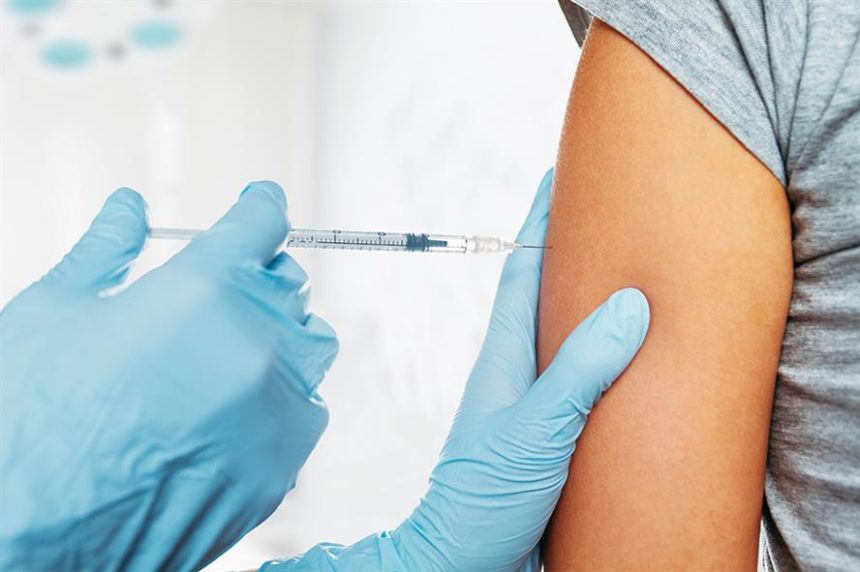In the latest offensive in the war against anti-vaccination messaging, Facebook and Instagram are rolling out a system to direct their users, more than 3 billion people worldwide, to expert information on vaccines.
The decision was the result of several months of talks with the World Health Organization on how the social networks can ensure that people can access authoritative information on vaccines and reduce the spread of fake health news.
This month’s announcement by Facebook, which owns Instagram, revealed that educational pop-up windows will appear on both platforms when people search for vaccine-related content, visit vaccine-related Facebook groups and pages or tap vaccine-related hashtags on Instagram.
Expert view
Commenting on the latest crackdown against anti-vaxxer content, Kathryn Ager, head of health at Grayling, told PRWeek, “For a long time social-media companies have taken a largely hands-off approach to guiding or regulating the content that appears on their channels, tacitly implying all information is equal regardless of the evidence.”
“Just as we have seen Facebook and Instagram take a more active role in policing self-harm and suicidal content, it appears the social-media giant is recognizing it has an important role to play in public health more generally,” she continued. “Providing people with access to balanced and evidence-based information to make informed choices about vaccination is an important first step.”
In the longer term, it “could even support the company’s claim to be a genuine force for good,” Ager added.
Under pressure
It is the latest phase of action being taken by the social media companies, which said this year that they would introduce measures such as refusing to run ads that include misinformation about vaccinations and not showing or recommending content that contains misinformation about vaccinations on Instagram Explore or hashtag pages.
Joel Kaplan, Facebook’s VP of global policy, commented, “We know that technology companies can play a powerful role in elevating the work of trusted, global health organizations, and we are eager to continue to do our part in this space.”
Guy Rosen, the company’s VP of product, described the new measure as “another important step in our ongoing effort to both limit the spread of misinformation about vaccinations and elevate credible information on the topic on our platform.”
More action needed
WHO director general Dr. Tedros Adhanom Ghebreyesus welcomed the stance taken by the social media companies, but called for more to be done.
“Major digital organizations have a responsibility to their users to ensure that they can access facts about vaccines and health. It would be great to see social and search platforms come together to leverage their combined reach,” he said.
“We want digital actors doing more to make it known around the world that #VaccinesWork,” Ghebreyesus added.
Facebook and Instagram’s decision to implement the strategy came just days after Pinterest said that any of its 300 million users who search for vaccine-related information will get results only from leading public health organizations.
This had prompted Ghebreyesus to comment, “We hope to see other social media platforms around the world following Pinterest’s lead.”
Disease risk
The danger presented by large numbers of parents not vaccinating their children against childhood diseases has prompted the WHO to list “vaccine hesitancy” as one of the top 10 threats to global health.
In July, the U.N. agency said that the U.K., Albania, Czechia and Greece had lost their “measles-free” status. Last week, the European Commission and WHO held the world’s first Global Vaccination Summit in Brussels, calling for global action against the spread of vaccine misinformation.
“Misconceptions about vaccination have shifted the public focus away from the benefits of vaccination, towards distrust in science and fear of possible side effects,” the European Commission warned.
This story first appeared on prweek.com.







